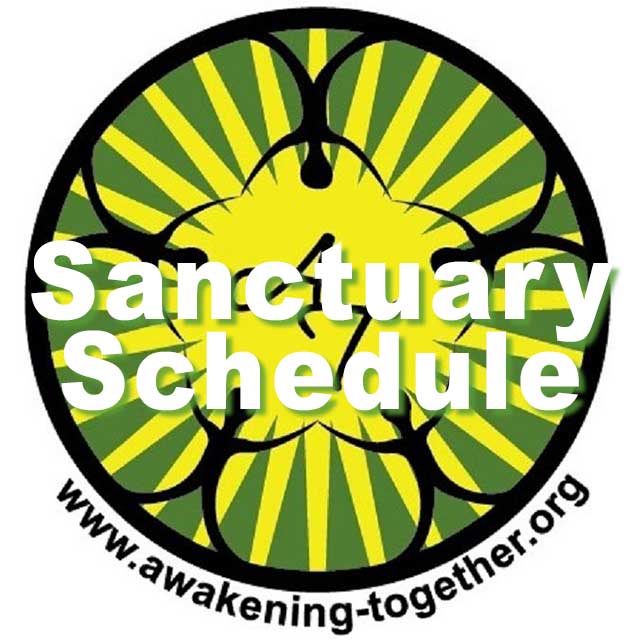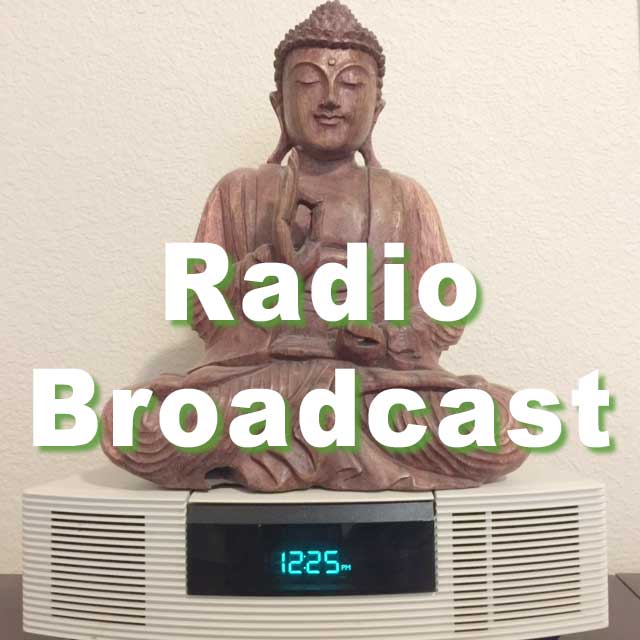Timothy Conway will be a retreat leader at the Awakening Together Satsang Retreat in Santa Barbara from September 12-14, 2014. He will also lead a Satsang at the ‘Soak in the Beauty’ retreat at the same location from September 14-18, 2014. In preparation for the retreat, I am sharing a series of questions answered by Timothy. To read the full series, click here.
And now, here is today’s question:
Q: I feel emptiness, but it feels like a dead, disconnected, nonblissful, meaningless emptiness.
Classic self-enquiry, again, would have one enquire “Who recognizes this emptiness as such?” Alternatively, the individual is invited to explore the precise nature of this dead emptiness—or any bodymind state of suffering or dis-ease (e.g., anger, fear). It is Guest—You are non-separate Host. What are its dynamics? How, precisely, does it manifest for each of the senses and the emotions? How, specifically, is it that the Infinite Being-Awareness-Bliss has packaged ItSelf in such an interesting masquerade? One explores the dead emptiness with that intense curiosity and “lurking suspicion” that it is really an opaque window onto the Divine Reality. So one makes this dead emptiness the object of an informal, ongoing mindfulness or witnessing meditation and, through the clarifying and dissolving power of Awareness, one witnesses it unravel and reveal itself as the Divine temporarily appearing in phenomenal form. As Advaita Vedanta says, whatever is, is Brahman. There’s no other Reality than this. When Awareness focuses on any object/state, it will eventually dissolve it, like sunlight melts a hard solid ice cube into water then into vapor. Awareness ultimately dissolves everything back into pure Aliveness-energy.
It helps here to know that such “dead emptiness” states of feeling hapless, helpless and hopeless are an almost standard crisis (Self-intended!) to render the “me-dream” so intolerable that one ceases to invest or cathect any more energy in “normal” living and instead awakens to Vastness. In other words, when the dream becomes stultifyingly banal or painfully nightmarish, there’s motive to wake up altogether from dreaming. The me-syndrome becomes so “insufferable” that one melts, transcends or simply pulls back from or snaps out of it by resuming one’s real Identity.



